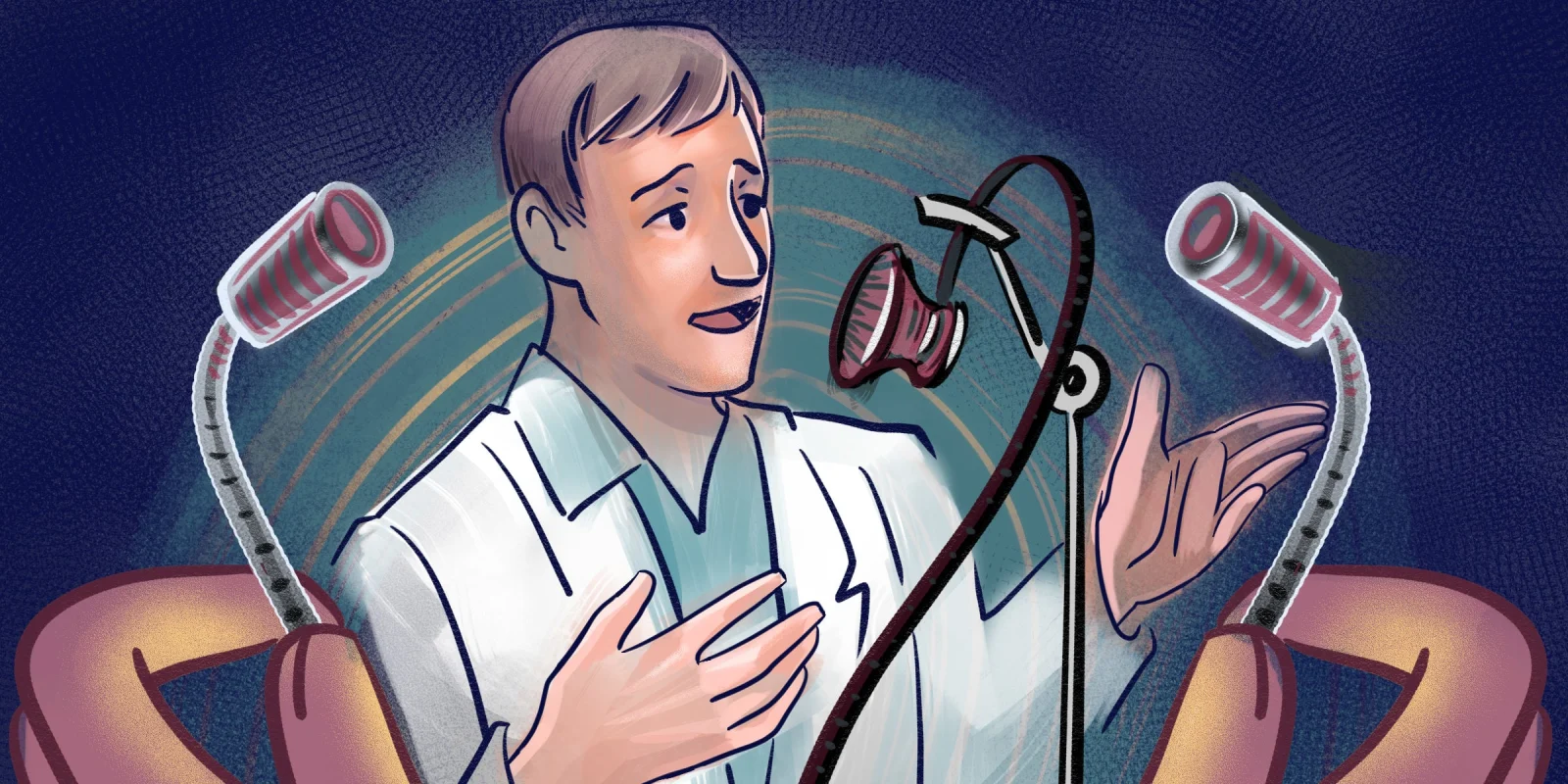One important session at ID Week 2022 reviewed the evolving nature of the Monkeypox virus (MPV) multinational outbreak. While this virus is not new, the current pattern of person-to-person transmission is an evolving story. As a reminder, the first cases were reported only in May 2022.
Dr. Agam Rao of CDC’s Poxvirus and Rabies Branch gave a status report and confirmed that cases have been decreasing since August 2022. Still, the updated worldwide total since the outbreak was first identified is 75,822 cases, with 28,244 reported from the United States, an explosive and disruptive outbreak.
While the decrease in cases is encouraging, CDC has stated that the virus could spread indefinitely at low levels in the U.S. and is unlikely to eliminate the virus in the near future.
Several areas of concern include possible transmission in congregate settings (e.g. jail and prison inmates), people experiencing homelessness, household transmission, health care workers, and in immunocompromised people.
While there have been a few outliers of people infected, more than 95% of those affected are men who have sex with men. Dr. Rao noted that monkeypox has also been diagnosed in cisgender and transgender women, children, and men who do not report recent sex with other men.
The outlier cases in children under age 12 are suspected to be from household transmission, although this remains an evolving story. These cases serve as a reminder of the suspected role of bedding, towels and possibly surfaces, and the importance of proper isolation of people with active infection.
While healthcare workers were thought to be a higher risk of infection, there have been only 3 reported cases in this group. The mode of transmission may be due to sharps injuries from unroofed lesions. These serve as a reminder to avoid unroofing lesions, and that sampling by vigorous swabbing of lesions is adequate for sample collection and diagnostic testing.
What is still unclear are the clusters of cases among people experiencing homelessness and whether transmission occurred by person-to-person or some other contact.
Dr. Roa discussed an investigation of residents of Chicago’s Cook County Jail. After a jail resident with symptomatic MPV spent 7 days in congregate housing, no additional cases were detected among a subset of residents classified as having intermediate-risk exposures who were monitored for symptoms or who received serologic testing.
The patient reported no skin-to-skin or sexual contact with other residents, all residents slept in the same room with the patient and shared living and dining spaces and bathroom facilities. These findings suggest that monkeypox transmission might be limited in similar congregate settings in the absence of higher-risk exposures such as skin-to-skin or sexual contact.
Giving a nod to privacy and stigma avoidance, once post-exposure vaccine prophylaxis (PEP) was offered, vaccine acceptance was highest in inmates who were counseled privately compared with group settings.
Dr. Boghuma Titanji, Emory University, Atlanta, discussed the differences in clinical presentation between immunocompromised and immunocompetent individuals. One important difference cited was that patients with HIV, for example, presented with more lesions and had a more prolonged course of illness than others.
In a post conference report, CDC reported on 57 hospitalized patients from August – October 2022; 47 (82%) of whom were HIV-positive. At least 3 deaths have been reported in the U.S. outbreak.
Dr. Tijani also noted that HIV and other STI testing is warranted in patients presenting with MPV infection, citing similar modes of transmission.
Dr. Brett Peterson, CDC, discussed the MPV vaccine. He noted that, initially, vaccine was recommended for PEP and that vaccine guidance has evolved with the outbreak. In an effort to stay ahead of the outbreak, vaccine indications have expanded to include pre-exposure prophylaxis for people at higher risk. CDC guidance released after the conference now recommends MPV vaccine if:
• You are a man who has sex with other men, or if you are a transgender or nonbinary person and in the past 6 months have had any of the following:
- A new diagnosis of one or more sexually transmitted diseases including acute HIV, chancroid, chlamydia, gonorrhea, or syphilis.
- More than one sex partner.
• You are a person who in the past 6 months has had any of the following:
- Sex at a commercial sex venue (like a sex club or bathhouse)
- Sex at an event, venue, or in an area where monkeypox transmission is occurring.
• You are a person whose sexual partner identifies with any of the above scenarios.
• You are a person who anticipates experiencing any of the above scenarios.
My thinking on this is that the combination of biomedical (vaccine) and behavioral (safer sex) interventions have contributed to the decrease in new infections. CDC also notes that immunity has probably increased among some groups of men who have sex with men.
However, it is too early to let our guard down. The challenges that remain include taking steps to contain virus spread in men who have sex with men, and to avoid having the virus establish itself in animal reservoirs.
A recent publication reminds us that the sustained virus spread in this current outbreak represents a unique transmission pattern. The person to person spread in the current multinational outbreak is unlike the sporadic pattern of previous MPV outbreaks seen in Africa where spread is from animals to people.
The best course of action is to stay vigilant, promote safter sex practices, and continue to vaccinate. Vaccine efforts should be sex-positive and should avoid stigma.
Dr. Valenti is employed by Trillium Health Rochester, NY. He has recieved grants from ViiV Health, Gilead Sciences and payments for lectures from ViiV Health.
Illustration by April Brust







